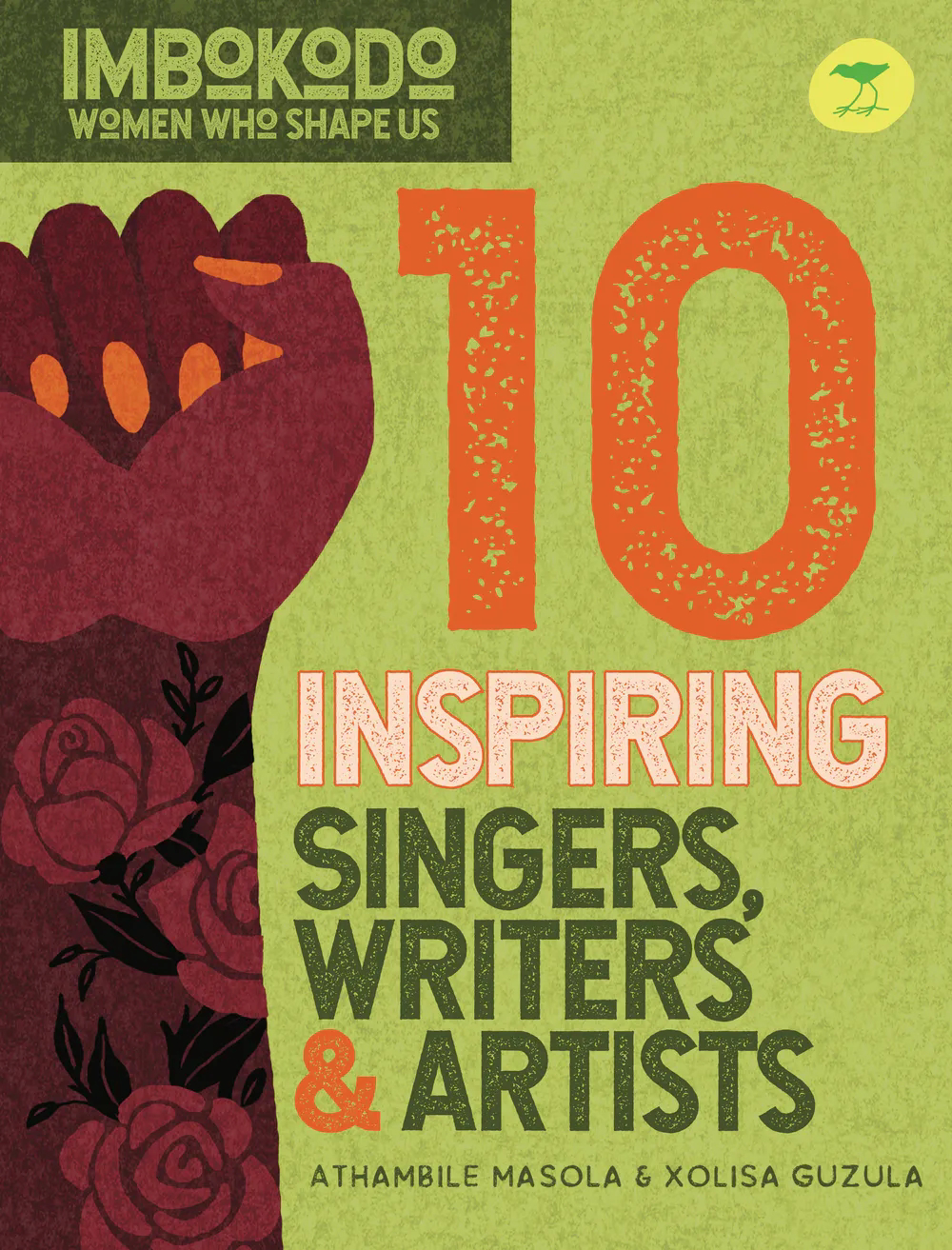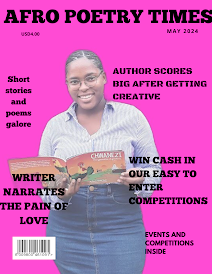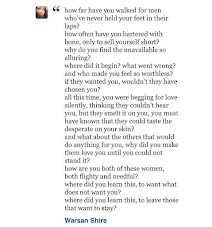The authors are Xolisa Guzula, an early literacy specialist and children’s author, and Athambile ., a historian and poet. We asked them about the project.
What does Imbokodo mean?
Xolisa Guzula: Imbokodo is an isiZulu word that means “rock”. It’s often used in the saying, “Wathint’abafazi, wathint’imbokodo, uzakufa! Ubobhasopa!” (“You strike women, you strike a rock, you will be crushed! You should be careful!”) This was a chant used by women during the struggle for liberation in South Africa. As we know, the black women’s struggle is against racism, class and gender oppression.
The importance of the term lies in demonstrating that the strength of women comes in their collective and collaborative efforts. This is why we chose this word for our series. We see in these books how women worked with each other in building and shaping the society we now find ourselves in.
Athambile Masola: We felt it was important to feature stories of women who came before 1956. Without some of the work done in the early 1900s to build the women’s movement it is impossible to fully appreciate what happens in the 1950s. Evoking this symbol of imbokodo allows us to see our current struggles in relation to the past.
How have these women’s stories been told in the past, if at all?Guzula: Our history and development is told from men’s perspective. We hear about how the men were heroes, intellectuals and pioneers. If their stories are told, women are shown as supporters to their men – like we hear that educator, author and politician John Langalibalele Dube started a school with his wife, Nokutela Dube, but her role is often not elaborated on.
Women are seldom shown as pioneers, inventors and creatives themselves. Patriarchal culture dictates that women use their marriage surnames such that their efforts add value to their husband’s lineage rather than their birth families. In Imbokodo we try to provide each and every woman’s maiden surname.
The 1956 protest couldn’t have happened without collaboration. We also see how the women’s stories were interconnected.
Masola: Women have also told their own stories through memoirs and essays. But much of the ways in which South Africa’s history is told is through political history and grand movements. Very little is written about how women are affected by wars, for example. The assumption is that the stories about war are the stories of men.
How did you make the selections for each of the books?
Masola: This was really tough. But it is important that people see our selections not as definitive but as ongoing. The historical figures were much easier than the contemporary figures because we had been collecting content for years.
So we initially made a list of people who come to mind and have possibly not received as much attention in previous works, such as books such as Women Writing Africa.
Someone like school teacher Mina Soga is less well-known than scholar and activist Charlotte Maxeke, even though they were contemporaries. Even while there are a few more hyper-visible figures such as Maxeke and social worker and activist Madikizela-Mandela, it felt important to include them because they are the hook or entry point for some people insofar as how they understand women’s role in history.
Guzula: Athambile and I were part of a team that started a school for black girls, in Khayelitsha, Cape Town. Some of the women who inspired us are women who had started schools before us when conditions were even harsher.
They showed us the power of working with others and we wrote these books in collaboration, following in their footsteps. Nurses like Cecilia Makiwane and Dora Nginza, social workers such as Mam’ Mbeki, Mam’ Madikizela-Mandela, Brigalia Bam, Lilian Tshabalala, Sibusisiwe Makhanya and Maxeke showed us what community work involved.
What also inspired us was to see how these women worked in interdisciplinary ways and sometimes starting off by being teachers and then becoming change-makers.
We also wanted to include people who are custodians of our indigenous knowledge systems, such as musician Madosini, artist Esther Mahlangu and herbalist and midwife Louisa Mvemve.
Writing about them helps us to reclaim our humanity and being, our knowledge and ways of doing while also embracing new ways.
What do you want young readers to take away?
Athambile Masola: We hope that young readers will question the way they are taught history in schools. I hope that many of them will be curious about the stories that are yet to unfold, particularly in their own families. These books are an opportunity for young readers to sit and talk to their grandparents about their own stories.
Xolisa Guzula: It is important for children to see that women have agency and are able to take up powerful positions in society to build and shape their world and determine their future.


















